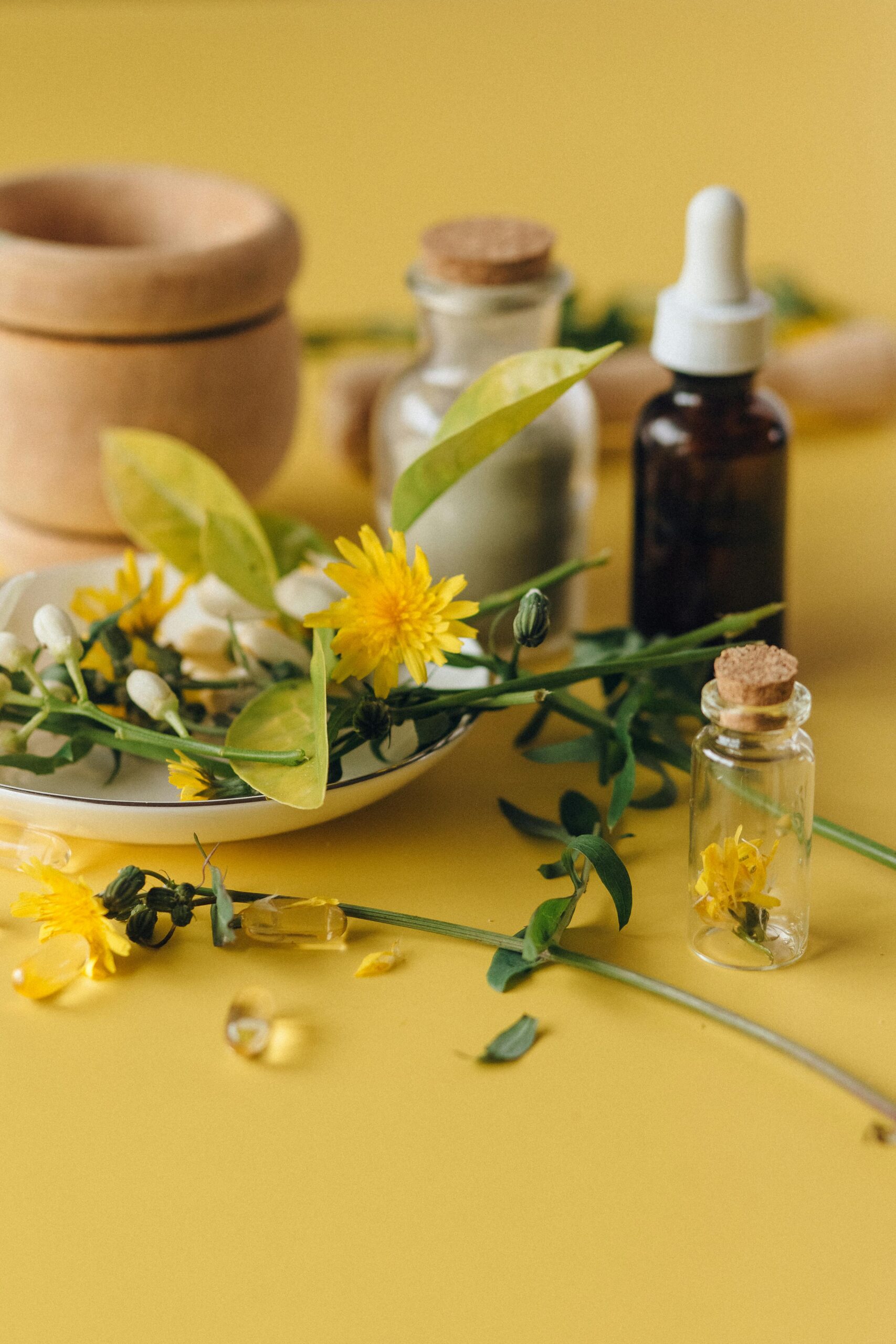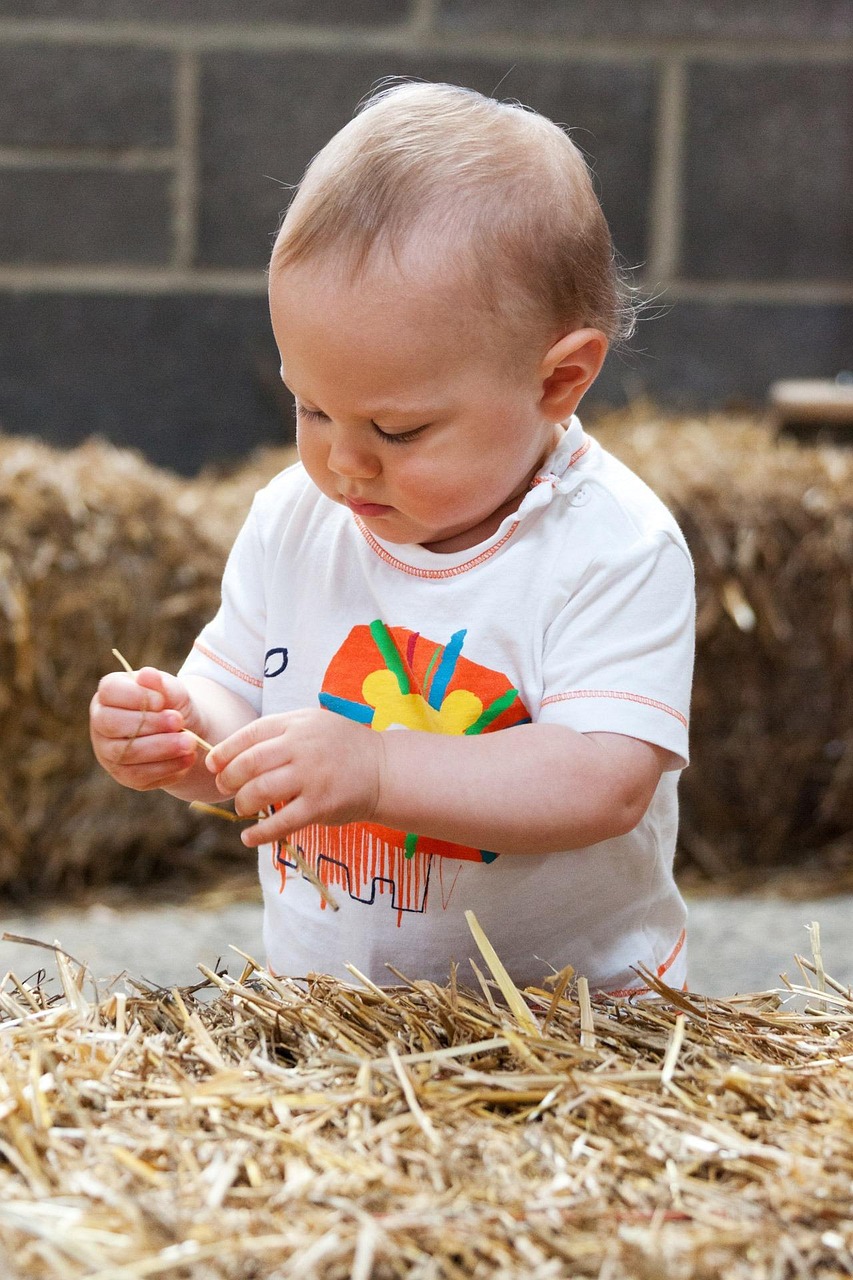Harnessing the healing power of herbs has been a cherished practice for centuries. Crafting herbal tinctures and vinegars at home is a rewarding and cost-effective way to incorporate natural remedies into your daily life. These versatile creations can be used to support health, enhance cooking, and even as natural cleaning solutions. Let’s dive into the simple steps to get started.
What Are Herbal Tinctures and Vinegars?
- Tinctures: These are concentrated herbal extracts made by soaking herbs in alcohol or glycerin to draw out their beneficial properties.
- Herbal Vinegars: Similar to tinctures, but made using vinegar as the base, these are perfect for culinary uses or as gentle remedies.
Both options are easy to make, long-lasting, and customizable to suit your needs.
Step 1: Choose Your Herbs
Select herbs based on your intended use.
- For Wellness:
- Echinacea: Supports the immune system.
- Valerian: Promotes relaxation and sleep.
- Dandelion: Aids in detox and liver health.
- For Culinary Uses:
- Rosemary: Enhances flavor and digestion.
- Thyme: Antimicrobial properties for cold prevention.
- Basil: A delightful addition to salads and marinades.
Use fresh or dried herbs. Fresh herbs provide more vibrant flavor and potency, while dried herbs are easier to store and use.
Step 2: Gather Your Supplies
To make herbal tinctures and vinegars, you’ll need:
- For Tinctures:
- Herbs (fresh or dried).
- Alcohol (vodka or brandy with at least 40% alcohol content).
- Glass jar with a tight-fitting lid.
- Cheesecloth or fine strainer.
- Dropper bottles for storage.
- For Vinegars:
- Herbs (fresh or dried).
- Vinegar (apple cider vinegar works best).
- Glass jar with a non-metallic lid (vinegar can corrode metal lids).
Step 3: Create Your Herbal Infusion
For Tinctures:
- Prepare the Herbs: Chop fresh herbs or crush dried herbs to release their oils.
- Combine Ingredients: Fill a glass jar two-thirds full with herbs, then pour alcohol to the top, ensuring the herbs are fully submerged.
- Seal and Shake: Seal the jar tightly and shake well to mix.
- Infuse: Store in a cool, dark place for 4–6 weeks, shaking the jar daily to enhance extraction.
For Vinegars:
- Prepare the Herbs: Wash fresh herbs or measure dried herbs.
- Combine Ingredients: Fill a glass jar with herbs and pour vinegar over them, ensuring the herbs are submerged.
- Seal and Shake: Use a non-metallic lid to prevent corrosion and shake well.
- Infuse: Store in a cool, dark place for 2–4 weeks, shaking regularly.
Step 4: Strain and Store
Once the infusion period is complete:
- Strain: Use cheesecloth or a fine strainer to separate the liquid from the herbs.
- Bottle: Pour the liquid into dropper bottles (for tinctures) or glass containers (for vinegars). Label with the herb name and date.
- Store: Keep tinctures in a dark, cool place for up to 2 years. Vinegars can last up to 1 year when stored in the fridge.
Using Your Tinctures and Vinegars
- Tinctures:
- Take a few drops under the tongue or diluted in water for wellness support.
- Add to teas or smoothies for an herbal boost.
- Herbal Vinegars:
- Use as a flavorful base for salad dressings or marinades.
- Dilute with water for a natural cleaning spray.
- Add to bath water for skin-soothing benefits.
Tips for Success
- Choose Quality Ingredients: Use organic herbs and alcohol or vinegar for the best results.
- Keep a Journal: Track your recipes and results to refine your creations.
- Start Small: Experiment with single herbs before creating blends.
Conclusion
Crafting herbal tinctures and vinegars is a simple yet empowering way to embrace natural remedies and sustainable living. Whether for wellness, cooking, or cleaning, these homemade creations allow you to harness the healing power of herbs in your everyday life.
Call to Action:
What herb are you excited to work with first? Share your ideas in the comments, and don’t forget to subscribe for more DIY herbal tips and remedies!




Leave a Reply